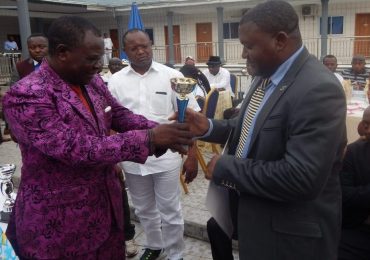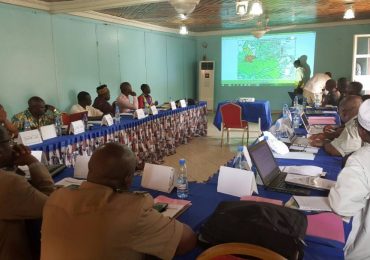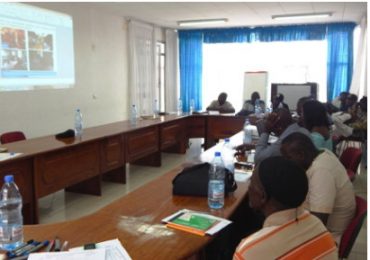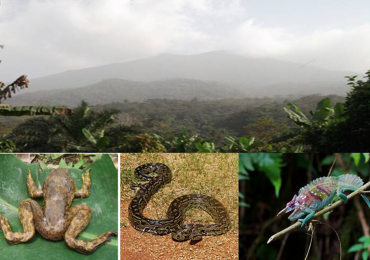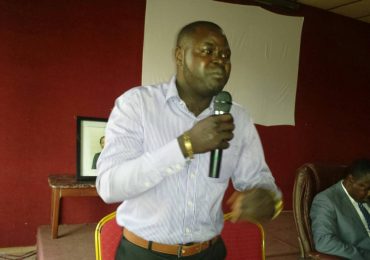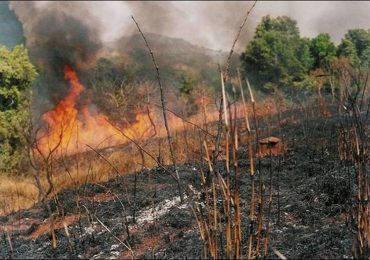Some Science journalists were, May 28, 2015, briefed on the importance of the upcoming Paris Climate Change Conference. The journalists were drilled during a one-day workshop that took place at the National Advance School of Mass Communication and Technology (ESSTIC) in Yaounde.
By Anu Nkeze Paul
The workshop, organized by the Cameroon Scientific Association of Journalists and Communicators (SCILIFE) under the theme “The Stakes and Challenges of Paris Climate Change Conference and Preparations at National and International Community’s And the Role of the Media”, brought together guest speakers from the French Embassy, the United Nations Development Programme and journalists from other media.
Dora Shy, the National President of SCILIFE and Journalists at Cameroon Radio and Television (CRTV) stressed the importance of the Paris Climate Change Conference scheduled to run from November 30 to December 11, 2015.
Shy said the conference is expected to produce a universally binding accord to curb carbon emissions and for nations to fight climate change both locally and internationally.
According to the SCILIFE President, the Paris event is considered as one of the biggest climate change conferences in terms of expected Heads of State and countries to attend.
The conference is also expected to bring together 40,000 participants including researchers, experts, university professors and journalists, Shy said.
She added that journalists have a very important role to play in the sensitization of the public and reporting on local challenges and adaptation by the population to climate change. To better play this role, journalists need constant updates on the evolution and preparations for the conference.
“The stakes are high because the aim is to reach, for the first time, a universal, legally binding agreement that will enable us to combat climate change effectively and boost the transition towards resilient, low-carbon societies and economies,” said Shy.
To achieve this, the future agreement must focus equally on mitigation – that is, efforts to reduce greenhouse gas emissions in order to limit global warming to below 2°C – and societies’ adaptation to existing climate changes. These efforts must take into account the needs and capacities of each country.
The agreement will enter into force in 2020 and will need to be sustainable to enable long-term change. In addition, each country must publish its national contribution, presenting its national efforts, as soon as possible and before COP21. This exercise is a new development in international climate negotiations and France has undertaken to help certain countries that are in difficulty to prepare their contribution, so that each one can present a national contribution to the global effort against climate change that corresponds to its situation. Shortly before COP21, the UNFCCC secretariat will publish a summary of these contributions, to give an indication of the cumulative impact.
Another key objective of the COP21 is the mobilization of US$100 billion per year by developed countries, from public and private sources, from 2020. This commitment, made in Copenhagen, should enable developing countries to combat climate change whilst promoting fair and sustainable development. Some of these funds will pass through the Green Climate Fund, which has received initial capital of US$10.2 billion, including almost US$1 billion from France. More generally, COP21 needs to guide economic and financial stakeholders towards redirecting their investments in order to launch the transition to low-carbon economies.



